International Lifetime Achievement Award
For a lifetime of contributions to the field of intelligence and related subjects
Dr. Brenda Milner is an eminent professor of psychology in the department of neurology and neurosurgery at McGill University in Montreal. A graduate of both Cambridge and McGill, she has more than 20 honorary degrees and several distinguished awards.
Dr. Milner is best known for her landmark article “Loss of Recent Memory After Bilateral Hippocampal Lesions,” co-written with noted neurosurgeon William Beecher Scoville. Their empirical neurosurgical data definitely established that the anterior hippocampus and hippocampal gyrus govern the human brain’s normal memory functions. This discovery led to the establishment of the cognitive neuroscience specialty. Turning 100 this year, Dr. Milner continues to research how a healthy brain’s intellectual left hemisphere coordinates with its more aesthetic right one.
Copper Black Award For Creative Achievement
Recognizing a Mensan for exceptional creativity and problem solving
Jerry Martin of Grass Valley, Calif., believes Sudoku, a puzzle pastime enjoyed by millions, can teach young students how to think, in addition to traditional school subjects, which teach what to think.
“I believe Sudoku is a powerful, practical, and appealing ‘tool’ for impacting the cognitive evolution of all humanity,” says Jerry, a retired educator who also won the 2010 Copper Black for his Saluting New Readers program.
International Copper Black Award for Creative Achievement
Recognizing a Mensan for exceptional creativity and problem solving
Aneta Kuczkowska of Poland has adapted LaserTank, one of the most difficult and extensive free logic games in the world, into a three-language encyclopedia about the game.
Intellectual Benefits To Society Award
For the application of a Mensan’s intellectual abilities that result in a tangible benefit to society
David Ilan’s pointillism style (drawing using only dots) has grown to “one person = one dot” projects, such as the one he uses to help schools build excitement about STEM education.
“Getting a dot in a drawing joins people in a cause and forever makes them part of a community,” says David, also the recipient of a Volunteer Service Award from President Obama. David’s STEM Pointillism Project features a drawing of a student on a science book with four leaves, representing the four areas of STEM education, coming to life around her.
International Intellectual Benefits to Society Award
For the application of a Mensan’s intellectual abilities that result in a tangible benefit to society
Janine Teo of Singapore looked at a problem: hundreds of millions of out-of-school children worldwide denied workforce prospects because of poverty, diversity politics, gender, disability, armed conflict, or other factors.
Her solution: Solve Education!, which uses game mechanics and artificial intelligence in a game-based educational application, Dawn of Civilization. Designed to combat poor-quality teaching and schools that perpetuate the cycle of educational inequality, the game runs on low-end smartphones and intermittent internet.
“Before we create our game app,” says Janine, “we spent a year researching on what these young people experience daily. Our findings show that when they are marginalized from employment, it is nearly impossible to be motivated to learn the skills for that marketplace.”
Distinguished Teacher Award
Recognizing a teacher for positive influence on the education or life of a Mensa member
As a young student in rural 1990s Wisconsin, Jessica Street was on the wrong path, skipping classes and engaging in other behavior that led to her arrest and yearlong detention.
Jessica describes that path — “I ended up one of the bad kids” — in an essay called “She Changed my Life; She Saved my Life.” The “she” in that title is Karyl Kubrick Hanson, a teacher at Berlin High School in Berlin, Wis., and this year’s Mensa Foundation Distinguished Teacher.
This “beautiful woman [who] had a shell much tougher than my own,” says Jessica, saw potential and overlooked her flaws. “She helped make it possible for me to not only finish high school without being held back a grade but to graduate a full eight months early.”
Today, almost 19 years later, Jessica is an honors graduate and a registered oncology nurse with a daughter (also a Mensan) of her own. “I would not be here if not for my teacher,” Jessica reminds us. “Not just where I am now, but I may not even be here at all.”
Awards for Excellence in Research
The Mensa Foundation’s Awards for Excellence in Research are given internationally for outstanding research on intelligence, intellectual giftedness and related fields. Recognizingoutstanding research on aspects of human intelligence and giftedness, this year’s recipients are:
2018 Senior Division
Saiying Steenbergen-Hu, Northwestern University: Factors That Contributed to Gifted Students’ Success on STEM Pathways: The Role of Race, Personal Interests, and Aspects of High School Experience (coauthor Paula Olszewski-Kubilius)
Linda S. Gottfredson, University of Delaware: Hans Eysenck’s Theory of Intelligence, and What it Reveals About Him
Jonathan Wai, Duke University: Helping Disadvantaged and Spatially Talented Students Fulfill Their Potential: Related and Neglected National Resources (coauthor Frank C. Worrell)
Dr. Martin Dresler, Rad Bowd University Medical Center (the Netherlands): Mnemonic Training Reshapes Brain Networks to Support Superior Memory (coauthors William R. Shirer, Boris N. Konrad, Nils C.J. Müller, Isabella C. Wagner, Guillén Fernández, Michael Czisch, Michael D. Greicius)
Dr. Ann Robinson, University of Arkansas, Little Rock: A Talent for Tinkering: Developing Talents in Children From Low-Income Households Through Engineering Curriculum (coauthors Jill L. Adelson, Kristy A. Kidd, and Christine M. Cunningham)
2018 Junior Division
Enyi Jen, Purdue University: High-Ability Students’ Perspectives on an Affective Curriculum in a Diverse, University-Based Summer Residential Enrichment Program (coauthors Marcia Gentry, and Sidney M. Moon)
Renae D. Mayes, Ball State University: Adversity and Pitfalls of Twice-Exceptional Urban Learners (coauthor James L. Moore, III)
Ruth Karpinski, Pitzer College: High Intelligence: A Risk Factor For Psychological and Physiological Overexcitabilities (coauthors Audrey M. Kinase Kolb, Nicole A. Tetreault, and Thomas Borowskic)


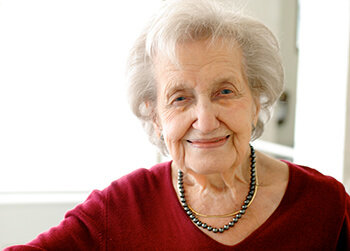
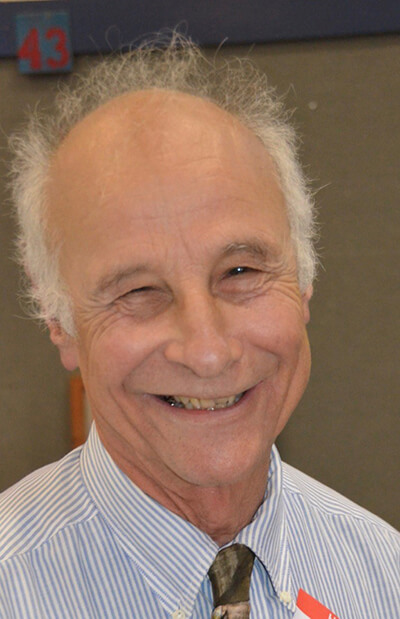
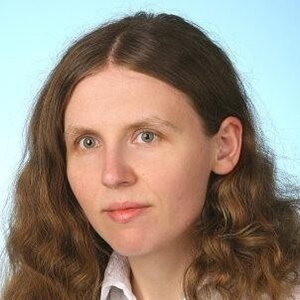
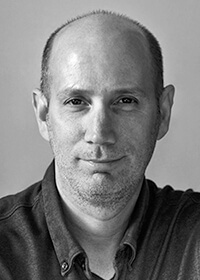
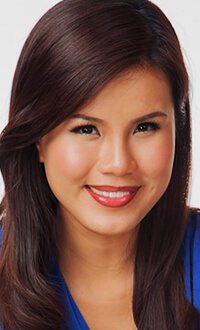
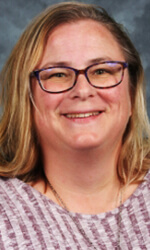
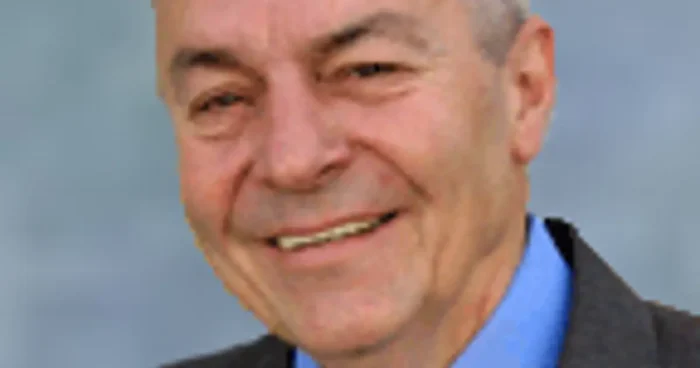
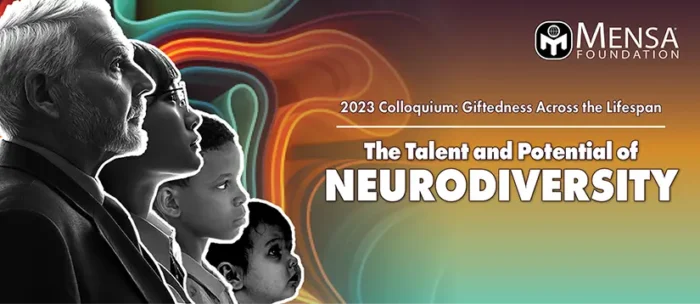
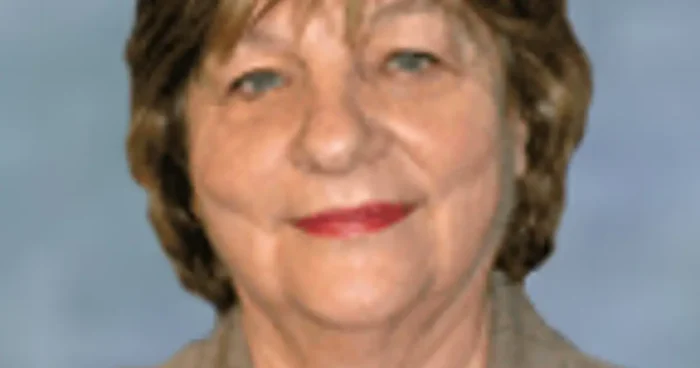





Comments (0)